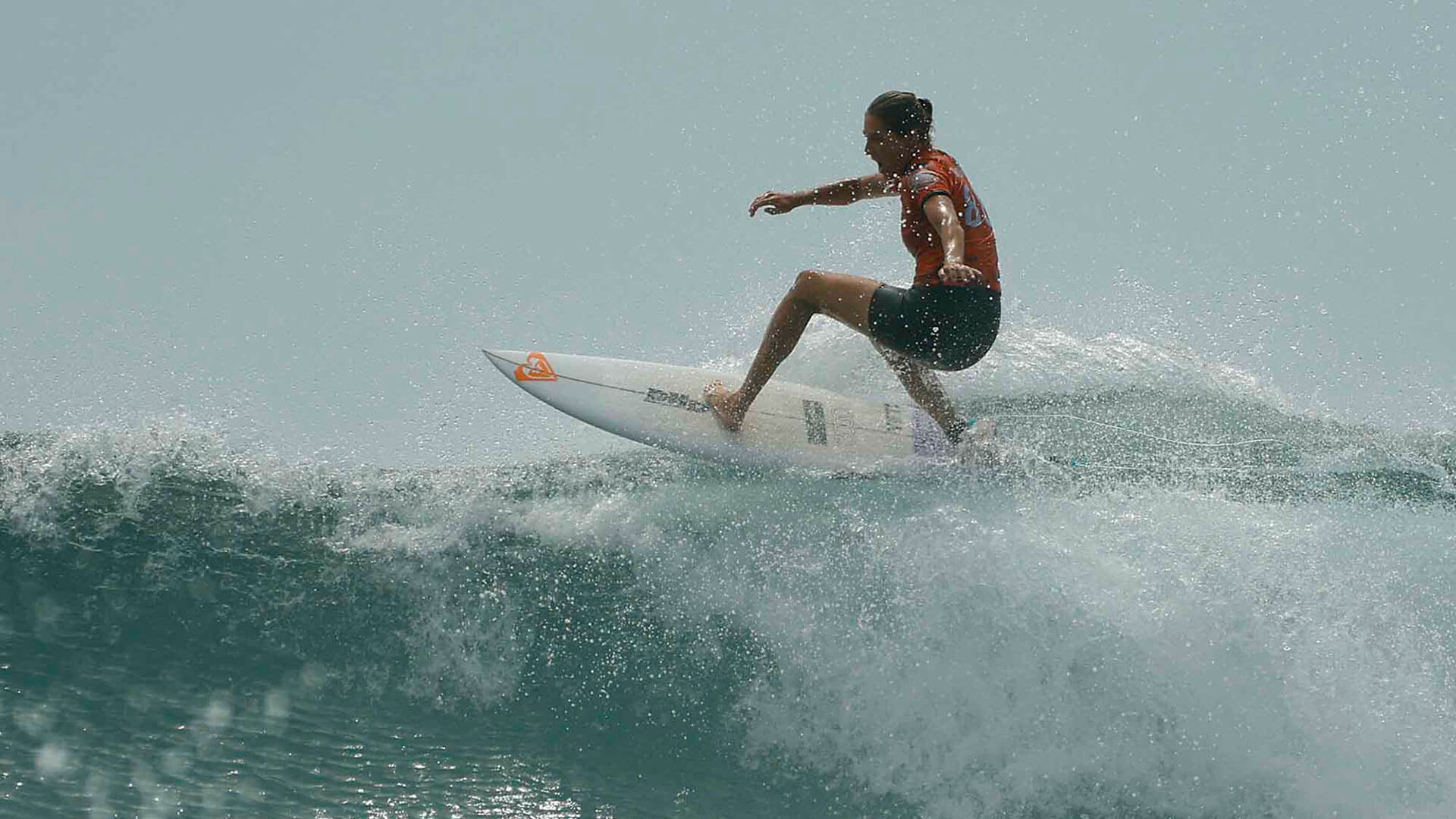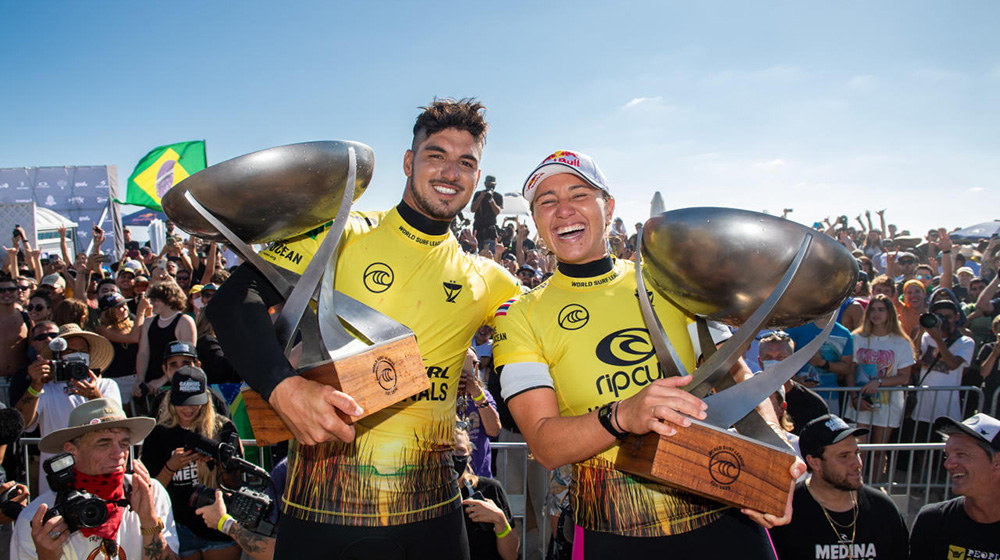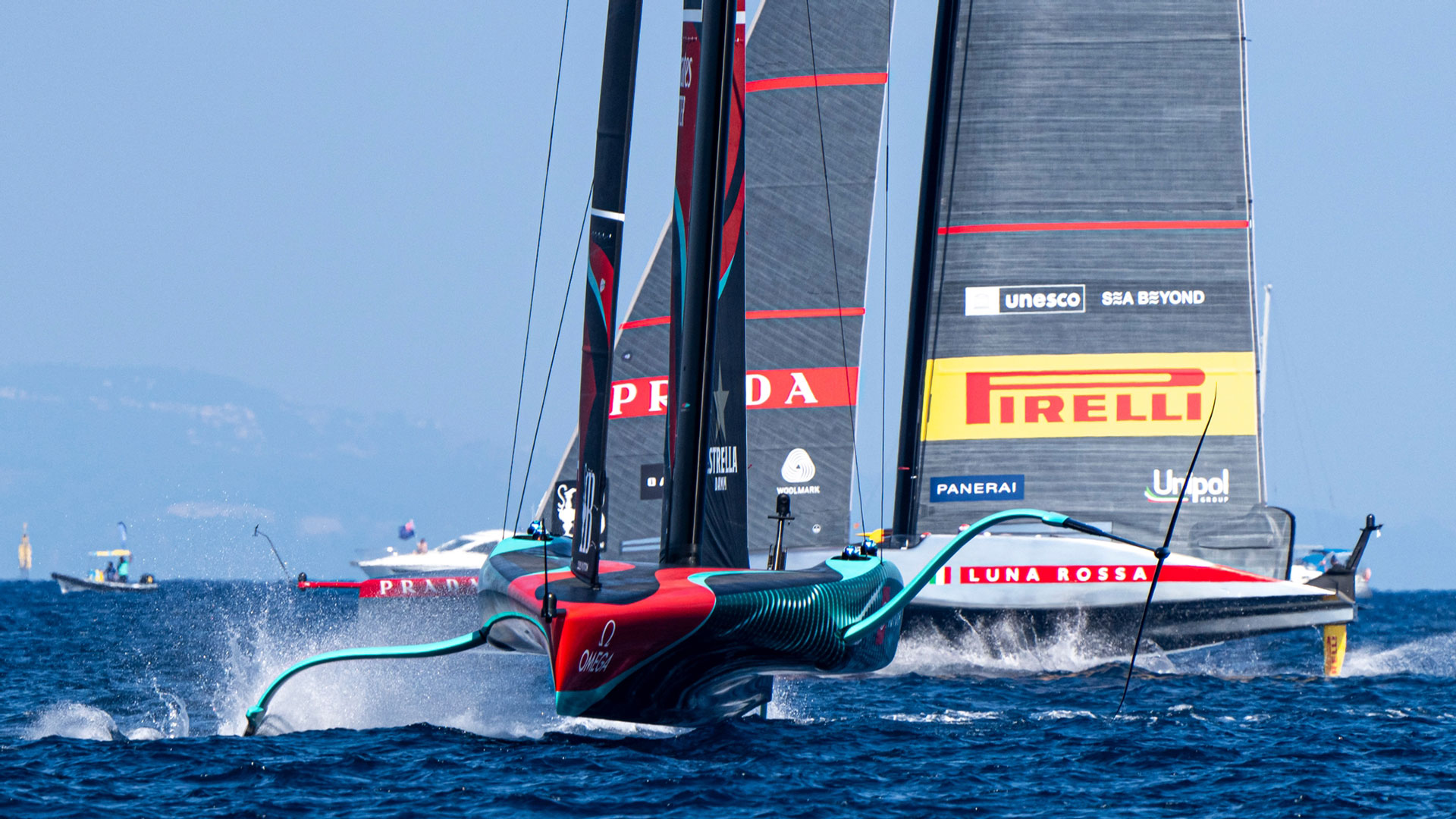
The Transat Jacques Vabre and the eighty ships
The four classes of the double handed transatlantic race Transat Jacques Vabre set sail on November 7 from Le Havre to Martinique.
The fifteenth edition of the Transat Jacques Vabre transoceanic race, also known as the Route du Café, will see 80 boats set sail from Le Havre. They will proceed through the waters of the English Channel and the Bay of Biscay before descending through Atlantic waters, bypassing the Canary Islands, to the Cape Verde Islands.
At this point, each class splits into a different route. The 45 Class40 yachts take the most classic and direct route. They will leave the Cape Verde Islands to starboard and set a westerly course for the island of Martinique in about 4,600 nautical miles from the start.
Those who will descend the most are the Ultim 32/23 with 5 super maxi trimarans. They will have to tack in the Brazilian archipelago of Trindade e Martim Vaz, located on the parallel 20º31' South. Their route will require them to cross the Equator twice, and will add up to 7,500 nautical miles.
The 23 IMOCA 60 monohulls and 7 Ocean Fifty multihulls will make the same pass at the Equator, but will go down to the Fernando de Noronha archipelago before returning to the northern hemisphere. Their route consists of 5,800 nautical miles.
The history of the Jacques Vabre
This is the 15th edition of the transoceanic race, which has been held every two years since 1993. Xavier-Laurent Dequest wanted to promote the first Route du Café, which went from Le Havre to Cartagena de Indias in Colombia.
Dequest received the support of the coffee company Jacques Vabre, and the first edition of this regatta was held. At first, the competitors raced solo, and Paul Vatine took the victory in his trimaran ORMA 60 Région Haute-Normandie after 16 days of racing in his sailing yacht. This boat also won at the 1995 edition of the race.
Yves Parlier in his OPEN 60 monohull Cacolac d'Aquitaine won in this other class after sailing 18 days, 23 hours and 38 minutes. In its second edition, it was decided that this competition would be raced in pairs and this format has been maintained to date.
The favorites for the Transat Jacques Vabre
With 80 teams taking part in four classes, it is difficult to pick favorites. In Class40, the defending champion of the 2019 edition, Ian Lipinski, is climbing with Julien Pulvé on Crédit Mutuel. In the IMOCA class, we are keeping an eye on the previous winner, Charlie Dalin, on Apivia with Paul Meilhat.
We add to the list of sailors Thomas Ruyant, Franck Cammas, Kevin Escoffier, Sébastien Simon or Armel Le Cléac'h, many of whom have experience in transoceanic races such as the Vendée Globe, the round-the-world race.
The Ultim 32/23s will be the most impressive boats, as they cover the longest distance but are also the fastest. There are only 5 entries in this multihull class, but these 32-meter trimarans with a beam of 23 meters exceed 40 knots of speed and fly over the waves.
Among them, the Gitana 17, Actual Leader 2 and Sodebo Ultim 3 have been sailing for years and are optimizations of their previous versions. Two of them are "rookies" on the water: Banque Populaire XI and SVR Lazartigue but they are strong contenders in the regatta.
The IMOCAs are the most ocean-going class, and the competitors have been fine-tuning these monohulls in preparation for the longest double-handed race of the season. Many of the entries have competed in the Vendée Globe, as in the case of Didac Costa and Stéphane Le Diraison, who have agreed to take part in the Jacques Vabre together.
The leaders in this class are Charlie Dalin and Paul Meilhat on APIVIA, Thomas Ruyant and Morgan Lagraviere on LinkedOut and Jérémie Beyou and Christopher Pratt on Charal. Also, Vendée Globe winner Yannick Bestaven will sail with Jean-Marie Dauris on Maitre CoQ IV.
In addition, the fleet includes five mixed female and male crews. This encourages more women to participate in offshore racing. We identified Simon Fisher and Justine Mettraux on 11th Hour Racing Team-Alaka'i and Isabelle Joschke and Fabien Delahaye on MACSF among others.
"Yes, it would be great to defend our title, it would be a great success for sure," -Charlie Dalin, sailor originally from Le Havre.
Images from Jean-Louise Carli and Ronan Tholimet













_v2.svg)
_v2.svg)









_v2.svg)


